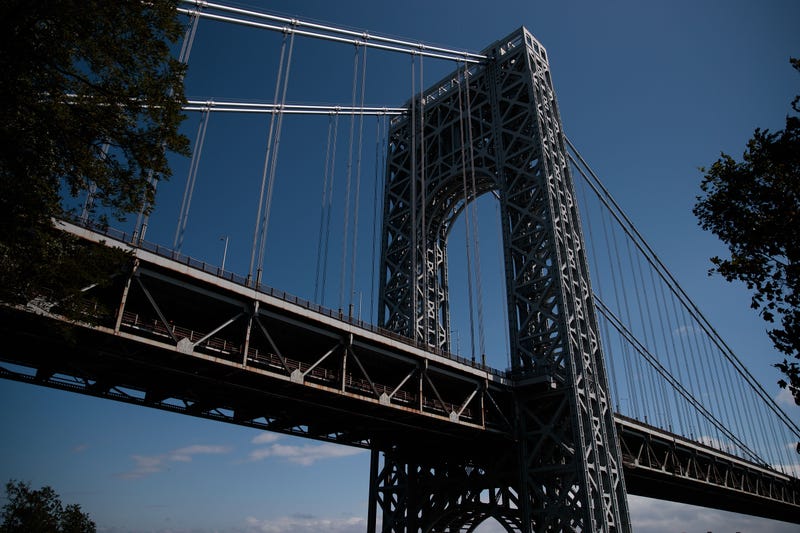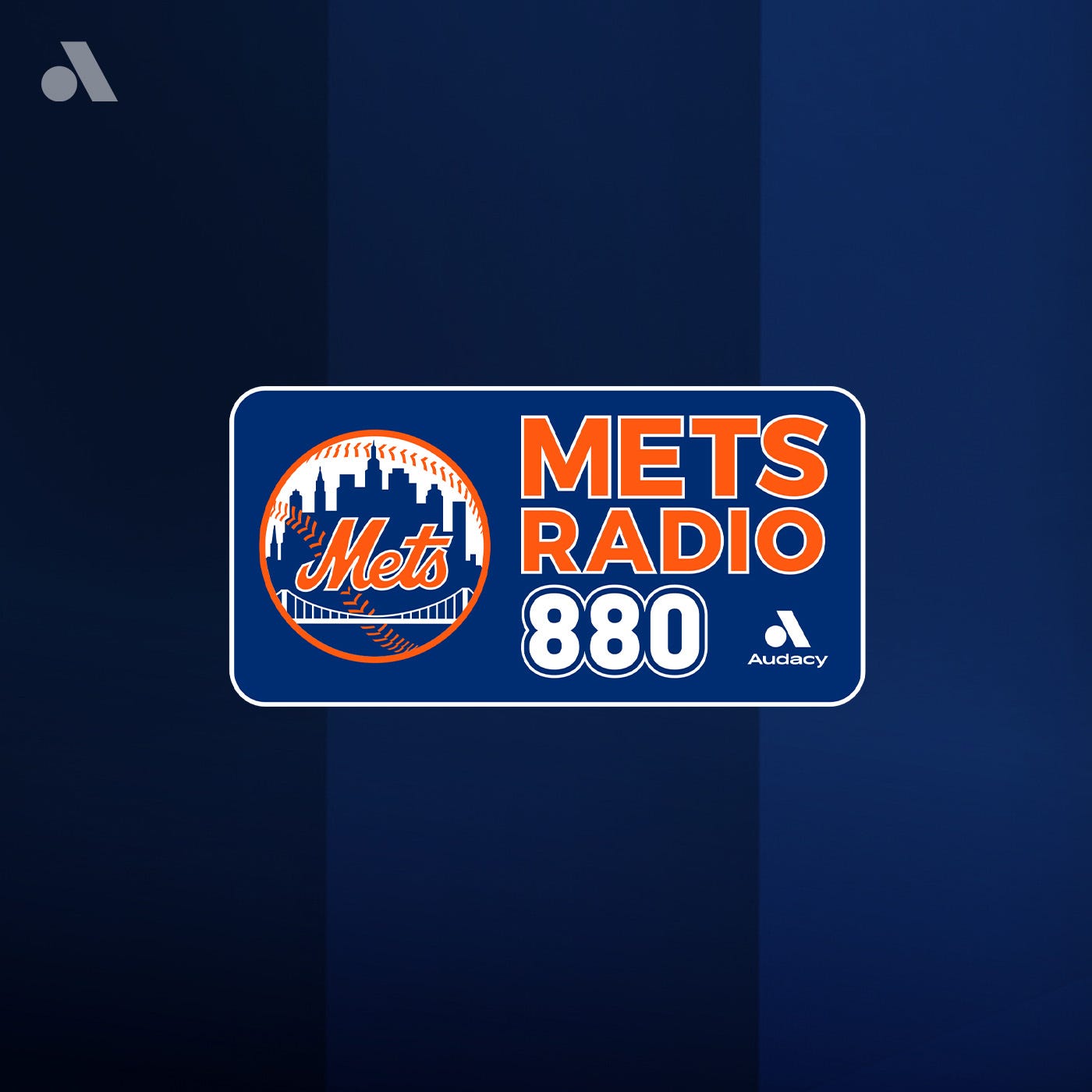
NEW YORK (1010 WINS) — Sunday marked the first day the George Washington Bridge went cashless which also meant the end of another long-standing tradition: carpooling.

It’s unclear when carpool pick-ups first started, but many daily commuters traveling into New York City from New Jersey relied on the decades-old, informal practice to save time and money. Normally a $16 fee one-way to get across the bridge, drivers who had a carpool discount plan on their EZ Passes paid only half that, $7.50, but only if they had three or more people in the vehicle.
Just before the toll plaza in Fort Lee, New Jersey at the bus stop, people would line up awaiting a carpool pick up. Vehicles without three people who still wanted the discount could make a quick stop before the bridge entrance and scoop up strangers in their vehicles to drive them across the bridge.
For passengers, getting into a stranger's vehicle could be intimidating. Unless you’re in a hurry and don’t want to wait for the ever-delayed New Jersey Transit bus or strapped for cash and can’t dish out the $3 to cross or just wanted to thrill of a quirky experience. In these cases, and many more, hopping into a random car for a free ride across the bridge doesn’t seem too bad.
This is where cash tolls come into play. Once you have your three or more people in the vehicle, a human has to verify the car’s occupants, press a button to register the discount, and send you through. This all happened at cash toll lanes.
In late 2019, EZ Pass alerted users of the discount plan that it would be discontinued in early 2020 as the Port Authority prepared for cashless tolls. But many people with a deep loyalty to the practice rallied together to save the discount.
A petition which garnered hundreds of signatures gained the attention of Fort Lee’s Mayor Mark Sokolich and eventually two New Jersey Congressmen: Rep. Josh Gottheimer and Bill Pascrell. The representatives sent a letter to Port Authority Chairman Kevin O’Toole asking to delay the discontinuation of the discount until technology could be implemented to keep it around.
Proponents of carpooling argue this technology already exists, like the FasTrak toll system in California, and other pilot systems being tested in other states.
The officials were able to save the carpool discount, at least for a little while. Then the pandemic hit and the bridge went months without cash toll booths, which put carpooling on pause again, this time for reasons outside of anyone’s control.
Late in 2020, cash tolls returned, as did carpooling and the Port Authority’s plans for implementation of cashless toll systems. At the time, carpooling was greatly reduced from pre-pandemic usage. People weren’t as comfortable riding with strangers anymore and commuting into the city was happening less frequently. The fight to keep the carpool discount waned and eventually ceased all together.
The George Washington Bridge is the most heavily trafficked bridge in the world. It’s on the path of Interstate 95 which can take you from Maine to Miami. The Port Authority hopes the cashless tolls will be able to allow a better flow of traffic on the bridge at the cost of eliminating a practice that was a lifeline for many. Back in 2019, however, a spokesperson for the Port Authority said the organization would revisit the carpool discount if new technology became available in the future. Until then, everyone is riding at full price.


